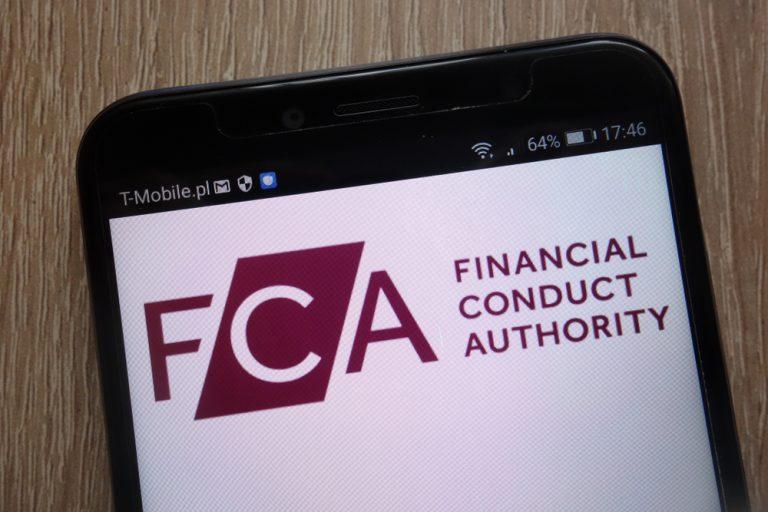
The FCA have announced that they will ban the marketing of mini-bonds to retail investors following the collapse of London & Capital Group earlier this year.
The restriction will become active as of January 1st 2020, and last for 12 months while the FCA looks to take action to enforce permanent legislation into marketing restrictions.
Mini-bonds have tempted investors on the potentially greater returns compared to mainstream products but have also made investment more risky.
However, amid the high return potential there has been controversy including the notable collapse of London Capital & Finance, where over 12,000 people had invested and are facing difficulties recovering their funds.
The FCA described a mini-bond as a ‘kind of IOU issued by a company to an investor’.
In return the investor receives a fixed rate of interest over a set period of time, and at the end of the tenancy the investors money is repaid.
The return on investors’ money entirely depends on the success and proper running of the issuer’s business. If the business fails, investors may get nothing back, which highlights the risk in the initial investment.
However, the FCA only has intervention powers in markets and not the sale of the products themselves.
The regulator said they could still be marketed to “sophisticated investors”, who could declare themselves able to understand the risks, or high net-worth individuals with an annual income of more than £100,000 or net assets of £250,000 or more.
Almost 12,000 people who put a total of £236 million into a high-risk bond scheme marketed as a fixed-rate ISA with London Capital & Finance (LCF), lost their money.
Andrew Bailey, FCA chief executive, told the BBC’s Today programme: “This is the sixth piece of intervention we’re doing this year. We are also in close discussions with the internet service companies, because we want to limit the marketing of these things through that channel.
“We think it is inappropriate to market the complex versions of these instruments to retail customers, not to the high net-worth individuals, but to retail customers.
“We want to see more action. I’m keen that the legislation that the government proposed on online harms – which I know addresses really important issues which are outside our world – can also include financial harms.
“I also want more action from Google – I think they can play a big role because it is the major channel now and we find these things just popping up all the time.”
Moira O’Neill, head of personal finance at Interactive Investor, said she could understand the attraction of mini-bonds.
“Savers are now in the unfortunate position where even if they can lock their money away for four years, they will only get 2%. So the prospect of lending money to a company via a mini-bond for a similar period and getting four times that amount, or more, is tempting,” she said.
“But mini-bonds are paying higher rates than bank accounts precisely because they do contain an element of risk – essentially the risk that the company could go out of business.
“And it’s often too difficult for customers to assess if are they paying enough to take that risk.”
“My gut reaction has been long been one of general wariness as even the name mini-bond is probably a misnomer. But the rise of mini-bonds has been hard to ignore.
“Meanwhile, the sector as a whole has escaped the kind of in-depth analysis that is normal for both the equity and corporate bond market.”
The FCA have issued a statement saying that the ban will apply to ‘more complex and opaque arrangements where the funds raised are used to lend to a third party, invest in other companies or purchase or develop properties’.
The FCA defended its actions to enforce the marketing bam following an increased incident rate of promotions leading to frauds and scams which involve no attempt to meet financial promotion rules.
The FCA has made a concerned effort to tackle the risk for investors from mini bonds, as they see the risk to consumers.
The FCA have investigated more than 80 cases of regulated activities that may have been carried out with the right FCA authorization.
Additionally, the FCA have looked to persuade the internet service providers, particularly Google, to take more action, for instance to take down websites promptly where they are likely to involve a breach of law or regulations.
Andrew Bailey added : ‘We remain concerned at the scope for promotion of mini-bonds to retail investors who do not have the experience to assess and manage the risks involved. This risk is heightened by the arrival of the ISA season at the end of the tax year, since it is quite common for mini-bonds to have ISA status, or to claim such even though they do not have the status.
‘In view of this risk, we have decided to complement our substantial existing actions with a further measure which will involve a ban on the promotion and mass marketing of speculative mini-bonds to retail consumers. We believe this will enable us to further consumer protection consistent with our regulatory principles and the FCA Mission.’
The ban will mean that unlisted speculative mini-bonds can only be promoted to investors which are sophisticated or high net worth, excluding retail or casual investors.
The press released concluded by saying that the FCA intends to launch a communications campaign to improve consumer awareness of the risks, and considerations that might be needed to be made before pursing high risk investments.
Commenting on the FCA’s ban on the promotion of mini bonds, Michael McKee, partner at DLA Piper, said: “After London Capital & Finance’s collapse it was inevitable that the FCA would take a hard line on mini-bonds which always looked more risky than most other retail products.”
